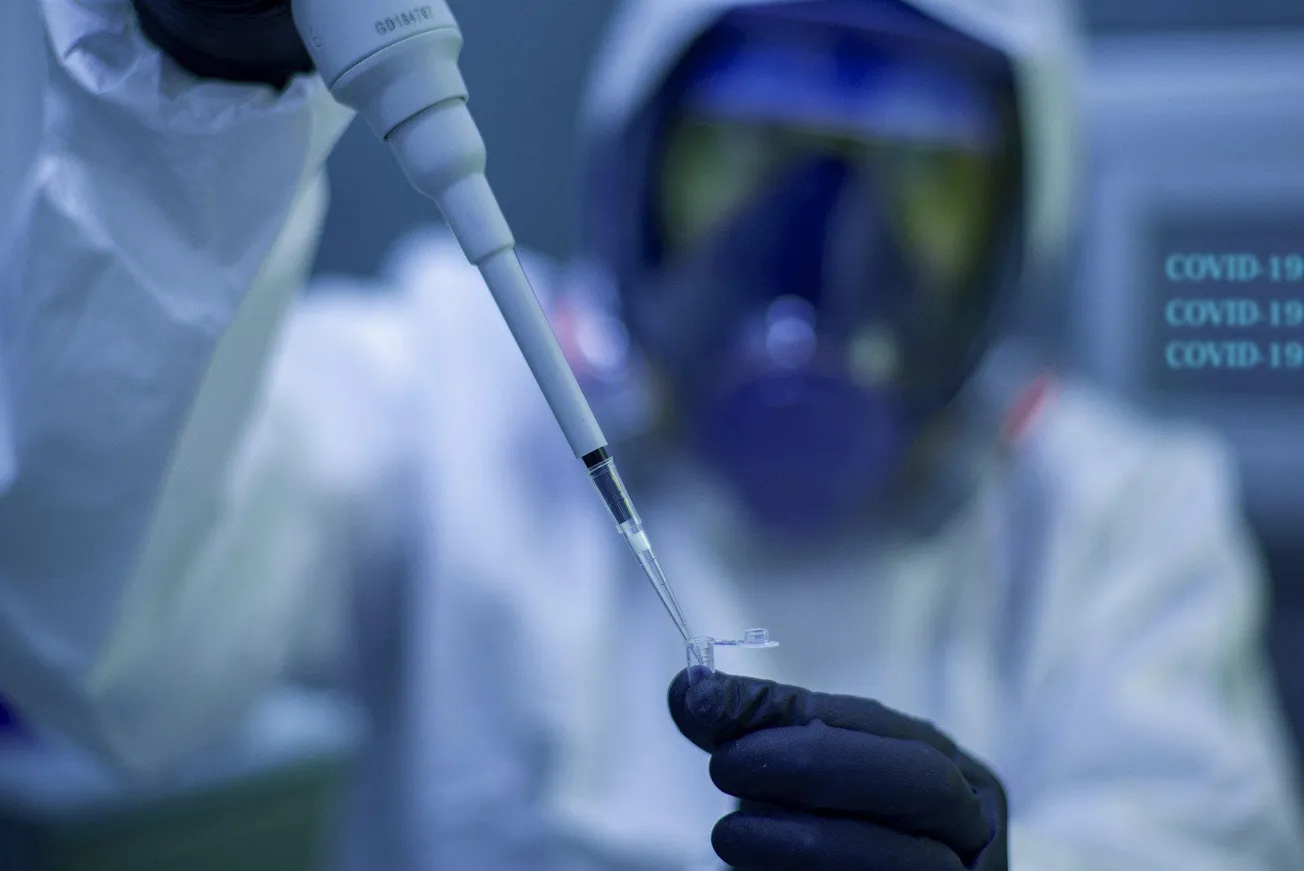Sputnik news agency reported that a new COVID-19 variant has been discovered in Southern Africa, with an “extremely high” number of mutations in the spike protein.
Mutations are always concerning, because they can affect the infection rate—how easily the virus can be transmitted—the severity of the infection, and how effective current vaccines are in combatting it.
The Delta variant, which showed up about a year ago, is now the dominant strain worldwide, and has 16 spike mutations. The new variant, called B.1.1.529 (an offshoot of an earlier variant B.1.1), has 32 spike mutations. The spike protein is the part of the virus that most existing coronavirus vaccines use to enable the immune system to fight COVID-19.
“So far only 10 cases of the variant have been spotted through genomic sequencing in South Africa, Botswana and one case in Hong Kong, where the individual in question had recently travelled to South Africa,” reported Sputnik.
“Dr Tom Peacock, a virologist at Imperial College London, noted that the ‘incredibly high amount of spike mutations suggest this could be of real concern,’ as he posted details of the new variant on a genome-sharing website.” He and other researchers are urging that the new variant be very closely monitored.
Although it’s difficult to determine how easily B.1.1.529 could be transmitted, “Ravi Gupta, a professor of clinical microbiology at Cambridge University, told Science Media Centre (SMC) press office that studies at his lab found that two of the spike mutations on B.1.1.529 increased infectivity and reduced antibody recognition.”




